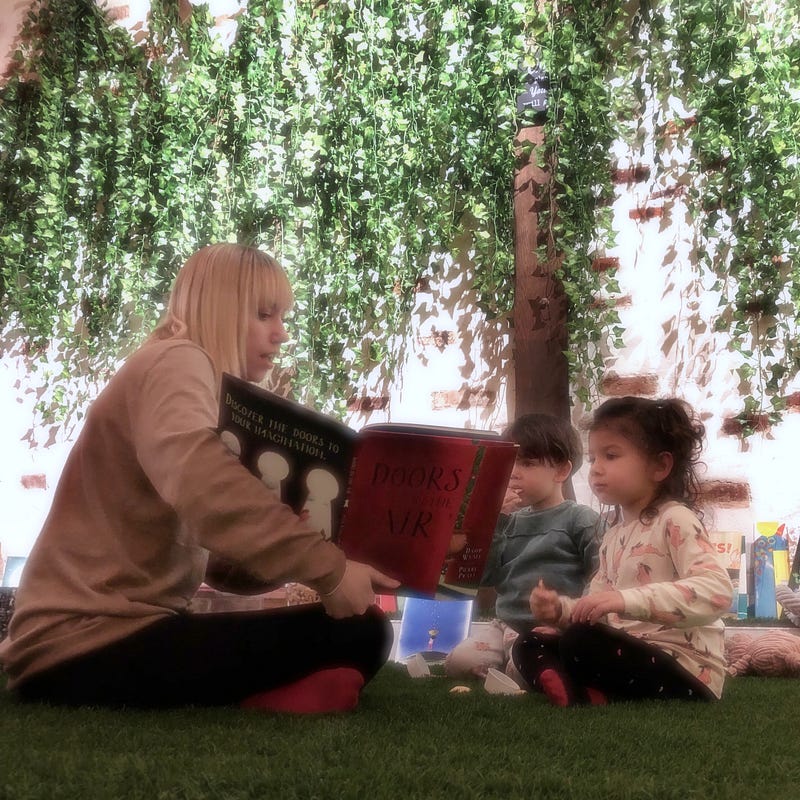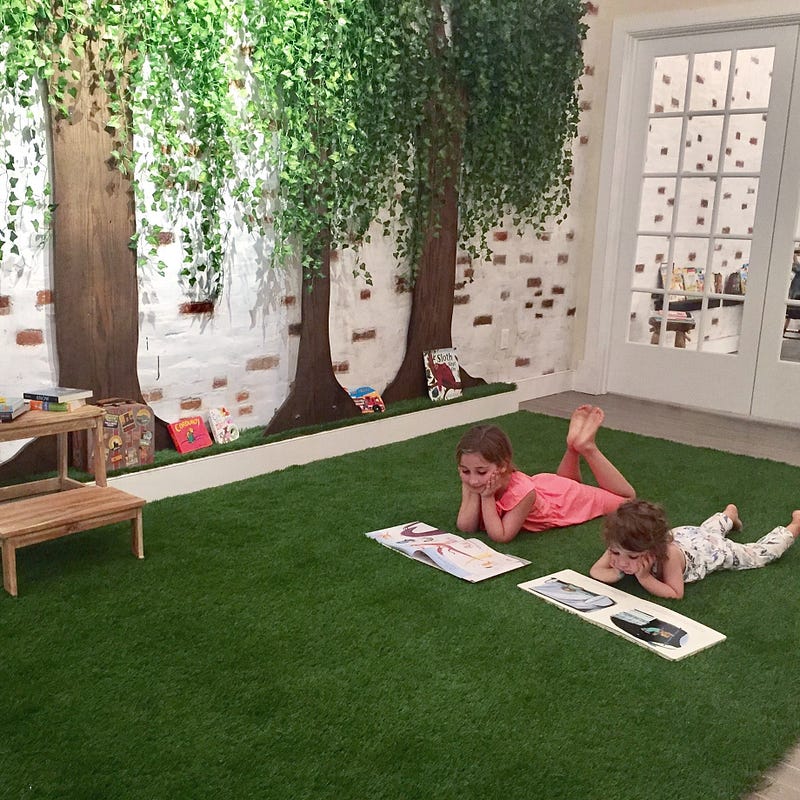At this point in the school year, most children are set in their routine in the classroom. They understand the general vibe of their environment and have an established understanding of their surroundings. However, this doesn’t mean students should become complacent or that teachers should become too comfortable. Building confidence and creating an active learning experience is something that should be nurtured year-round. In fact, now is maybe the most important time to help bolster their self esteem and remind them why learning and growing in their education is vital — and exciting!

But how do you continue to foster both their enthusiasm and belief in themselves? It’s simple: be encouraging, demonstrate positivity, and always keep an open dialogue.
Be encouraging. But, also, don’t overdo it. Kids are astute and can tell when something is either disingenuous or just over the top. It’s important to be aware of both their strengths and weaknesses and to nurture both equally. Did your little one get glowing remarks on a writing assignment? Awesome! Let them know that you’ve noticed how hard they’ve been working and congratulate them on their work paying off. Did they not do as well as they’d hoped on a math quiz? That’s okay, too — reveal a similar experience that you learned from and talk about ways to keep improving. Find pockets of their education and growth to build upon, and remind them you’re always there when the going gets tough
Demonstrate positivity. When students get discouraged or anxious, there are always a few go-to responses. The main one is self-doubt — saying they can’t do it, or they don’t know how, or they don’t want to. Sometimes, they result to being silly as a means of distraction. These coping mechanisms are common and often easy to diffuse. The most fool-proof method? Three words — Yes You Can. Showing that belief in a student when they are unable to find it themselves is often the catalyst to a breakthrough for them. Reminding children they just need to take the first step — and that someone is always behind them — builds confidence in a way that is unparalleled.
Keep an open dialogue. Allowing children to express themselves openly and without fear develops not only their confidence, but also their ability to take responsibility and to self-advocate. Ask children how they’re feeling about a particular subject in school, an assessment, their relationship with their teacher or peers — anything. Giving them the space to open up and share their triumphs and grievances will keep them level-headed and allow them to view their experiences from every angle. When adults encourage self-advocacy in children, it invites them to realize and understand that their beliefs, skills, and actions have value. And there’s really nothing more important than that in shaping young students and human beings.

Enriching a child’s life is important from day one until they’ve left the nest, but it’s no easy feat. There will be days when it seems nothing is working — and those are the times you should take your own advice and try, try again.We believe in your little ones — and we also believe in you. 🙂
